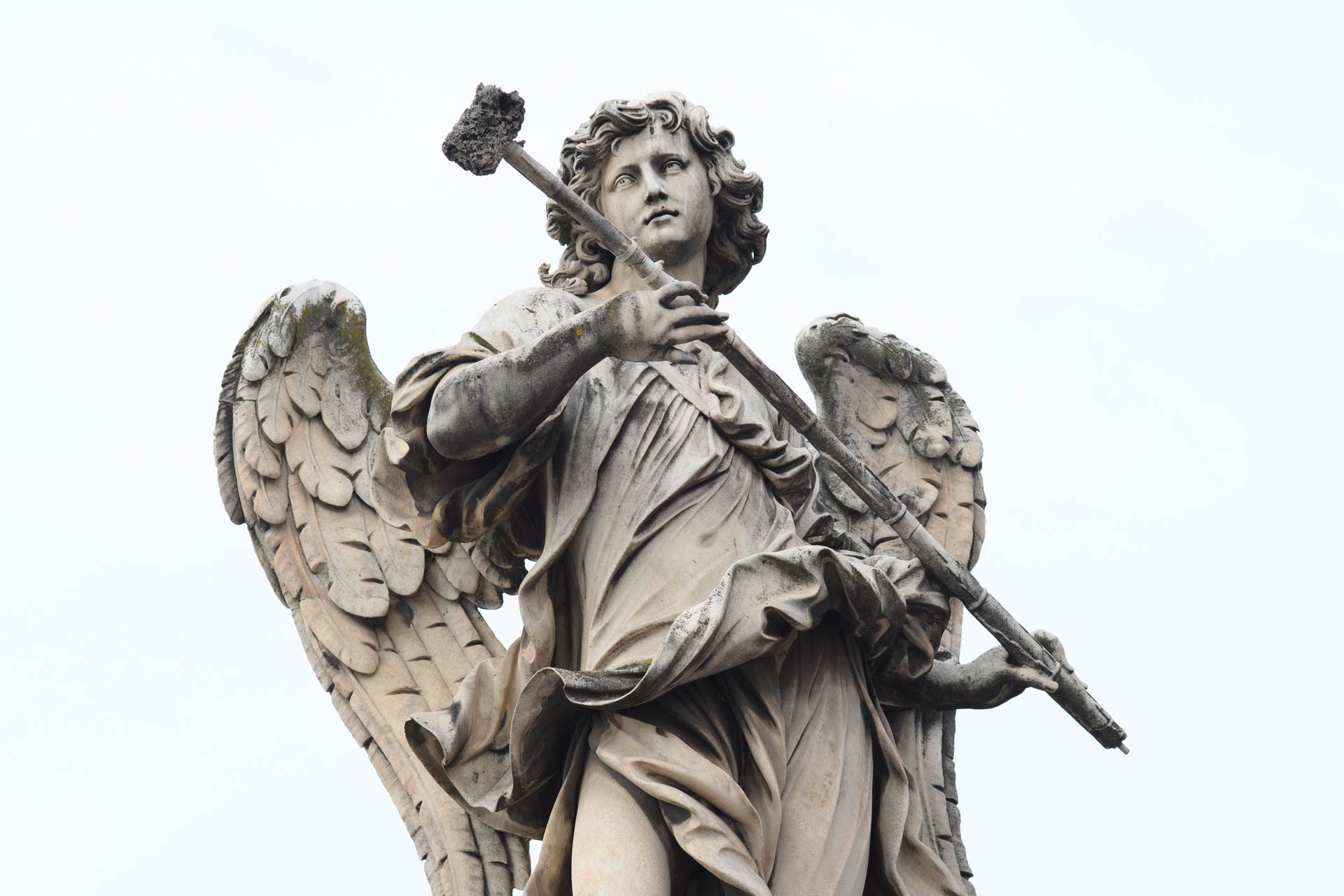
Monastic Summer Studium 2025
Celebrate Jubilee 2025
with a Unique Summer in Rome
Pontificio Ateneo Sant’Anselmo
Monastic Summer Studium
Roman Summer Study Program in English
for monks, nuns, religious, oblates, clergy, laity
Join us for personal enrichment.
Earn Graduate Credit.
One Week. Two Weeks. Three Weeks.
Study. Encounter. Discover. Pray.
Summertime provides unique opportunities for learning, relaxing and engagement with new ideas and people.
The International Monastic Summer Studium at Sant’Anselmo offers participants an experience of the treasures of the church in Rome while meeting people from around the world and earning graduate credit. (3 ECTS per week)
Join us for one, two, or three weeks of prayer, study, and discovery of Rome in the Jubilee Year!!
Three One-Week Sessions
Summer 2025
June 30-July 4 Monastics and Religious in the Liturgical Movement
Fr. Eusebius Martis, O.S.B.
July 7-11 The Book of Psalms
Fr. László T. Simon, O.S.B.
July 14-18 Monasticism, Catholicism and Non-Christian Religions
Fr. Cyprian Consiglio, O.S.B. Cam.
Week I
Monastics and Religious in the Liturgical Movement
The Twentieth-Century liturgical movement has been a puzzling phenomenon for many contemporary Catholics, and yet the vision of the early pioneers of liturgical renewal was absolutely clear. We will explore this fascinating history from Dom Prosper Guéranger, the founding Abbot of the famous monastery of Solesmes to the saintly Benedictine Oblate, Servant of God, Dorothy Day. We will retrieve the original intuition and insights, their programs and methods that can help rekindle liturgical fervor today.
Week II
The Book of Psalms
“Psalterium meum, gaudium meum – My Psalter is my joy” –Saint Augustin
Although Christian spirituality is deeply rooted and intimately connected to the Book of Psalms from the very beginning, the appropriation of the Psalms can be a tiresome task for many modern readers. The course aims at helping to interiorize these ancient prayers.
From the 1980s a conspicuous change has been gaining terrain in the exegesis of the psalms. Whereas previously in the 20th century first their genres were focused on, and later the artistry of the individual poems was appreciated, nowadays numerous scholars emphasize the importance of the Book of the Psalms for the understanding of the very psalms we read in it. As M. D. Goulder put it programmatically: “The oldest commentary on the meaning of the Psalms is the manner of their arrangement in the Psalter”.
Apart from presenting how the structure of the Book of the Psalms provides the reader with a theological program and a spiritual challenge, the course will focus on two aspects of these ancient prayers, since these are probably the most difficult for the Christian reader to cope with: some of the psalms are imbued with violence, and some are inspired by a profound Torah-piety, which seems to be clashing with some basic tenets of Christian spirituality.
Week III
Monasticism, Catholicism and Non-Christian Religions
This seminar will use the groundbreaking document Nostra Ætate of the Second Vatican Council as its hinge point. We will briefly look at the history of the Church’s relationship to non-Christian religions up until then, and discuss some of the historical exigencies that led to it. Finally we will look at the consequent developments, particularly eyes of the last three popes and the documents issued by the Dicastery for Interreligious Dialogue and their ongoing relevance for today.
